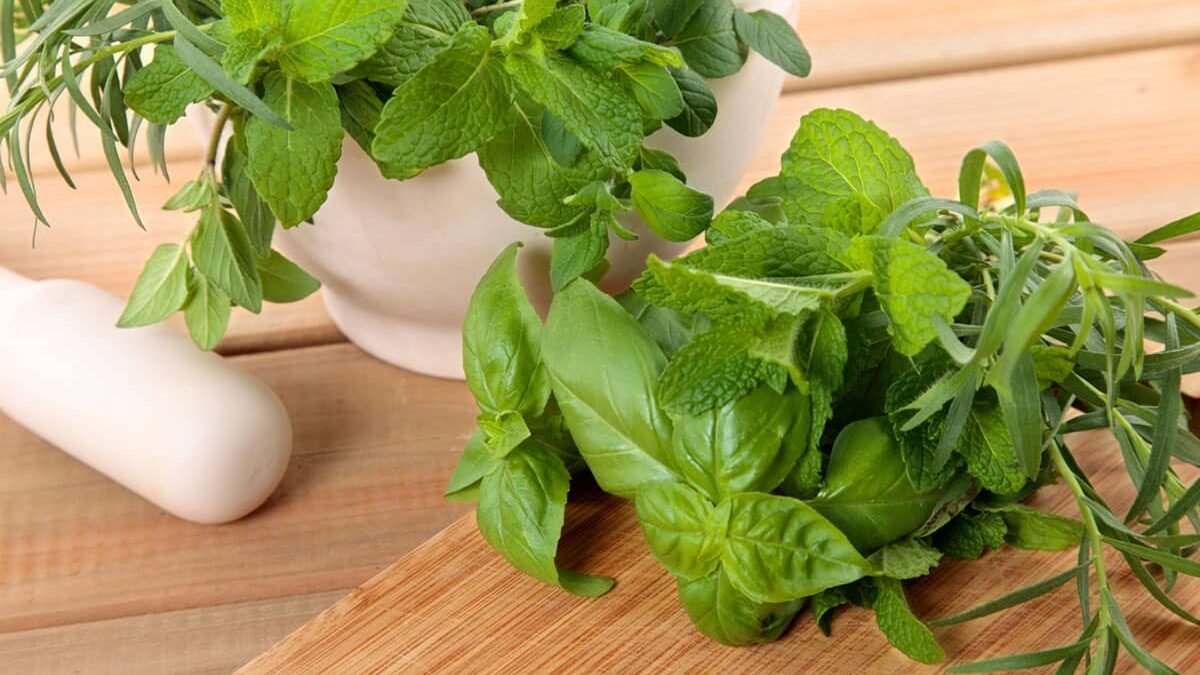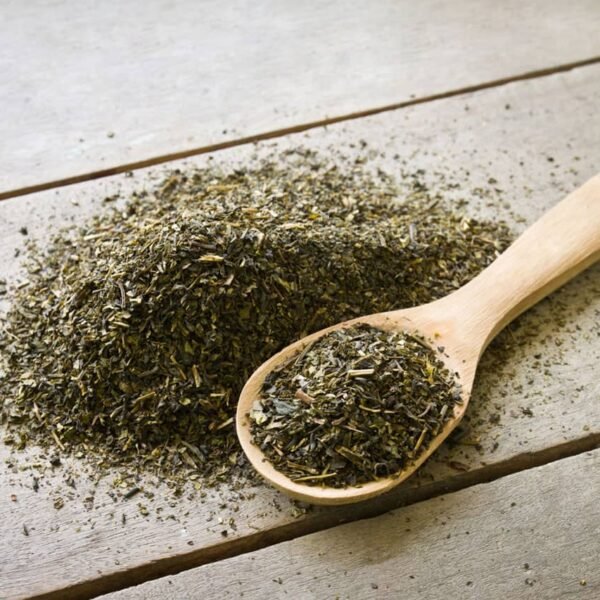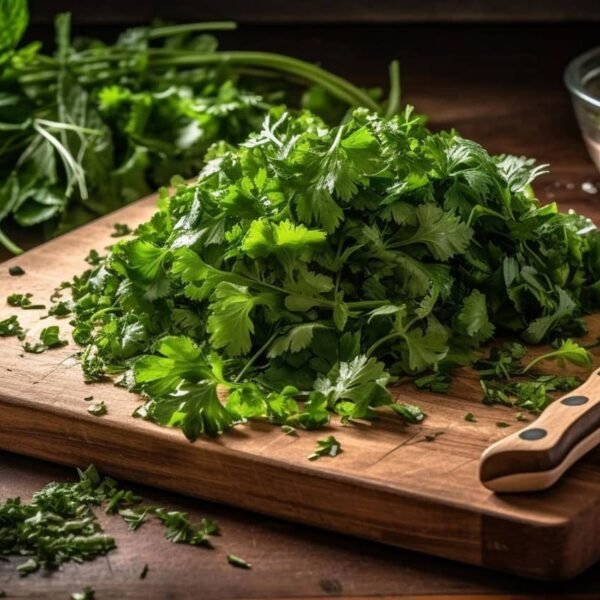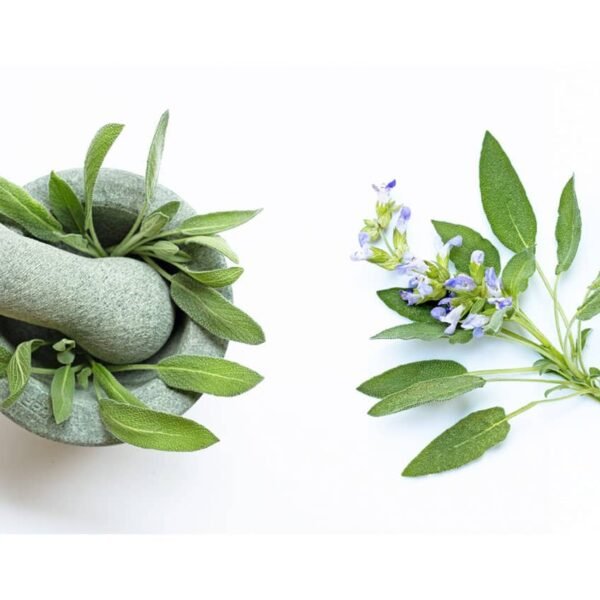
Rosemary, a fragrant herb known for its distinct aroma and pine-like flavor, has been cherished for centuries both as a culinary ingredient and for its medicinal properties. This versatile herb, scientifically known as Rosmarinus officinalis, is native to the Mediterranean region but is now grown worldwide. With its needle-like leaves and small purple flowers, rosemary adds an enticing touch to various dishes while offering an array of health benefits.
Uses of Rosemary
Rosemary, scientifically known as Rosmarinus officinalis, is a woody perennial herb that has been cherished for centuries for its aromatic and culinary properties. Native to the Mediterranean region, this evergreen shrub belongs to the Lamiaceae family and is revered for its versatility in both the kitchen and herbal medicine practices.
With its distinct pine-like fragrance and robust flavor, rosemary has found its way into various cuisines worldwide, adding depth and character to countless dishes. Beyond its culinary applications, this remarkable herb boasts a rich history of medicinal uses dating back to ancient times.
From improving memory and enhancing digestion to relieving stress and promoting hair growth, rosemary’s therapeutic potential extends far beyond mere gustatory pleasure.
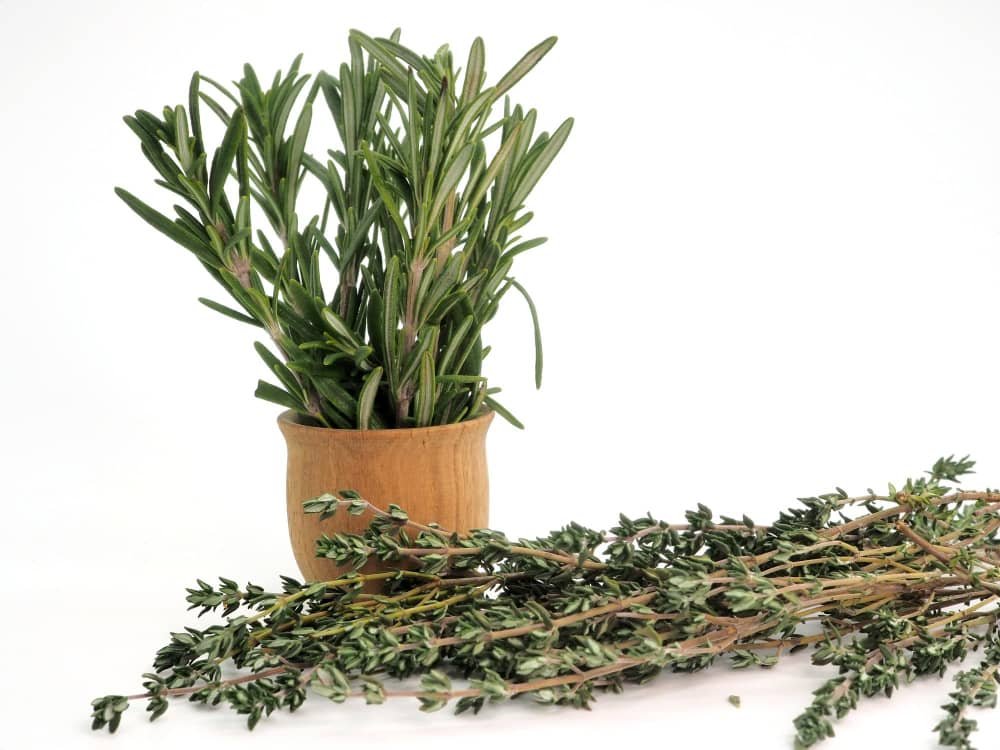
Uses of Rosemary
Rosemary is a versatile herb used for centuries in various cultures for its culinary and medicinal properties. In cooking, rosemary is commonly used as a flavoring agent in dishes such as roasted meats, soups, and stews. Its strong and aromatic flavor adds depth to different recipes, making it a popular choice among chefs worldwide.
Apart from its culinary uses, rosemary also offers several health benefits. It contains anti-inflammatory compounds, which may help reduce inflammation in the body. Additionally, rosemary is rich in antioxidants that can protect the body against damage caused by free radicals. Some studies suggest that these antioxidants may help improve digestion and boost memory and concentration.
Furthermore, rosemary has also been utilized for its therapeutic effects. Its essential oil is often used in aromatherapy to promote relaxation and reduce stress levels. The scent of rosemary has been shown to have calming effects on the mind and can be beneficial for individuals experiencing anxiety or insomnia. Additionally, some research suggests that inhaling rosemary essential oil may enhance cognitive function and improve mood.
Overall, whether it’s enhancing the taste of food, supporting overall health through its antioxidant properties or promoting relaxation through aromatherapy – there are numerous ways to benefit from the uses of rosemary beyond just being a fragrant herb found in gardens!
Health Benefits of Rosemary
Rosemary is a fragrant herb that has been used for centuries as a culinary ingredient and for its numerous health benefits. This evergreen shrub is native to the Mediterranean region and belongs to the mint family. It is known for its distinct aroma and pine-like flavor, which enhances the taste of various dishes.
One of the key health benefits of rosemary is its high antioxidant content. Antioxidants help protect the body against oxidative stress by neutralizing free radicals, which can cause cellular damage and lead to chronic diseases like cancer and heart disease. Rosemary also contains compounds like rosmarinic acid, carnosol, and caffeic acid, which have been shown to possess anti-inflammatory properties.
Additionally, rosemary has been associated with improved digestion. It can stimulate the secretion of digestive enzymes in the gut, promoting efficient nutrient absorption and reducing symptoms such as bloating or indigestion. Moreover, research suggests that rosemary may have antimicrobial effects against certain pathogens like H. pylori bacteria that cause stomach ulcers.
In conclusion, incorporating rosemary into your diet can provide a range of health benefits due to its antioxidant properties and potential anti-inflammatory effects. Furthermore, it may support healthy digestion by stimulating enzyme production in the gut and combating harmful bacteria.
4. Commonly Asked Questions about Rosemary
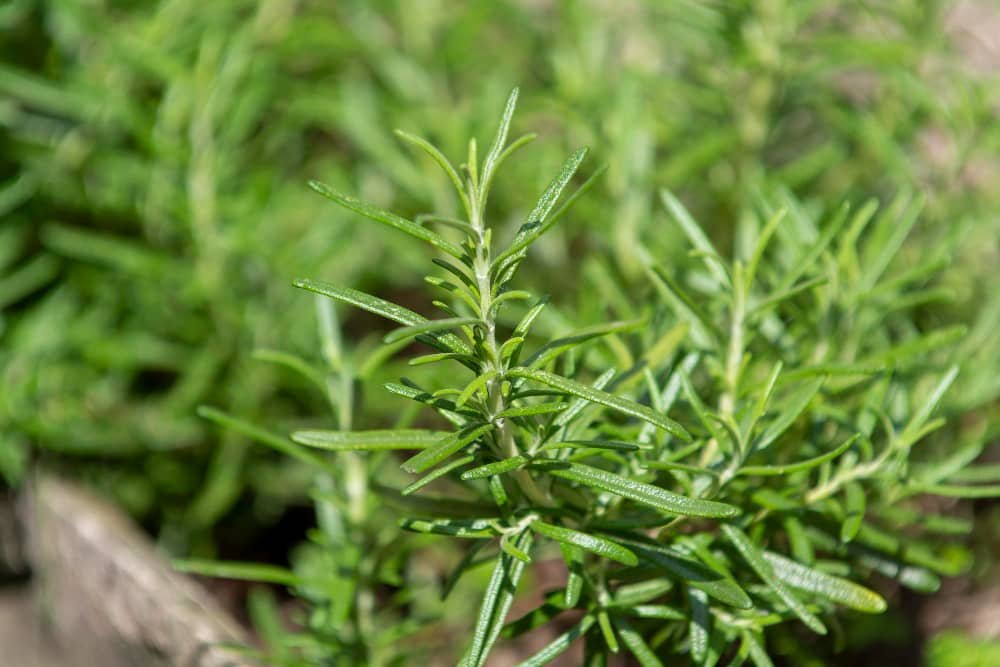
How to Grow Rosemary
Rosemary is a popular herb known for its aromatic fragrance and culinary uses. It belongs to the mint family and is native to the Mediterranean region. This evergreen shrub can grow up to three feet tall and has needle-like leaves that are dark green on top and silver-white underneath. Rosemary produces small, blue flowers in the spring or summer, adding beauty to any garden.
To successfully grow rosemary, providing it with the right conditions is essential. This herb thrives in full sun exposure, so choose a location in your garden that receives at least six hours of direct sunlight each day. Rosemary prefers well-draining soil with a pH level between 6 and 7. If your soil is heavy or clay-like, amend it with sand or organic matter like compost to improve drainage.
When planting rosemary, ensure proper spacing between plants as they can spread wide over time. Space them about two feet apart to allow air circulation and prevent crowding. Additionally, consider growing rosemary in containers if you have limited space or want more control over its growth habits.
Proper watering techniques are crucial for rosemary’s overall health. While this herb is drought-tolerant once established, it still requires regular watering during its initial stages of growth until its roots become well-established. However, be careful not to overwater as excessive moisture can lead to root rot and other fungal diseases.
Recipes Featuring Rosemary
Rosemary is a versatile herb known for its distinct aroma and flavor. It is commonly used in Mediterranean cuisine and pairs well with meats, vegetables, and even desserts. This fragrant herb adds depth to dishes and offers several health benefits. Its antioxidants may help boost the immune system, improve digestion, and reduce inflammation. Rosemary can be used fresh or dried, depending on the recipe.
Recipe 1: Rosemary Roasted Chicken
One delicious way to incorporate rosemary into your cooking is by making rosemary-roasted chicken. Begin by preheating the oven to 400°F (200°C). To prepare the chicken, mix together olive oil, minced garlic, chopped rosemary leaves, salt, black pepper, and lemon zest in a bowl. Rub this mixture all over a whole chicken or chicken pieces of your choice. Place the seasoned chicken on a baking sheet and roast it in the oven until cooked through and golden brown. The result will be tender meat infused with aromatic flavors of rosemary.
Recipe 2: Rosemary Infused Olive Oil
Another great way to utilize rosemary is by making homemade rosemary-infused olive oil that can be used as a dressing or marinade for various dishes. Start by heating extra virgin olive oil in a saucepan over low heat until warm but not boiling. Add fresh rosemary sprigs to the warm oil and let it steep for about 20 minutes or until desired flavor intensity is achieved.
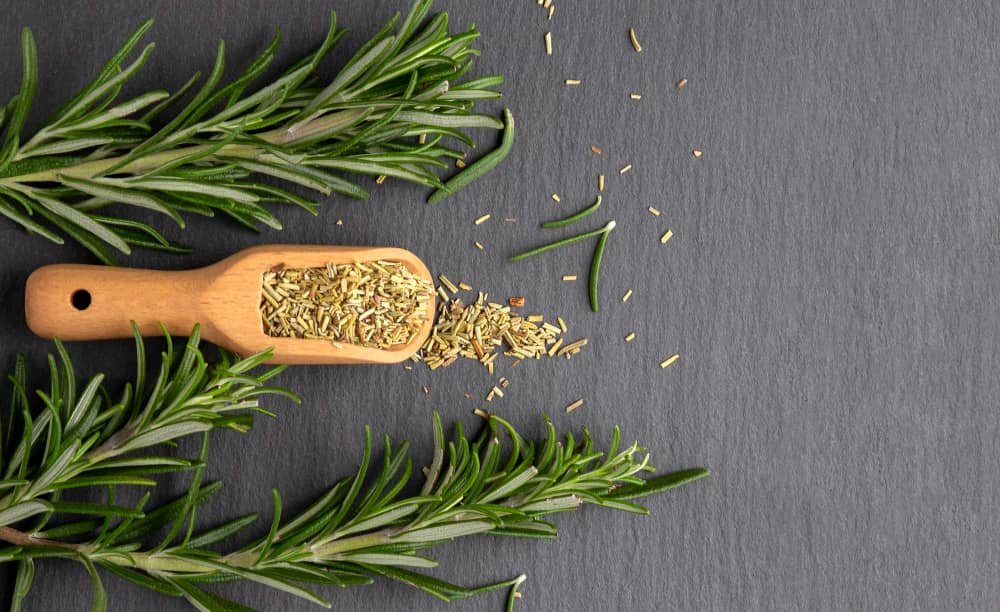
Fun Facts about Rosemary
Rosemary, also known as Rosmarinus officinalis, is an evergreen shrub native to the Mediterranean region. It belongs to the mint family and has a distinct aroma and flavor that is commonly used in cooking. But apart from its culinary uses, there are several interesting facts about rosemary that you may not be aware of.
Firstly, rosemary has been associated with memory enhancement for centuries. In ancient Greece and Rome, students wore rosemary garlands during exams to improve their memory and concentration. Modern research has found some truth to this claim as well. Certain compounds present in rosemary have been shown to stimulate brain activity and improve cognitive function.
Secondly, rosemary has a rich history of medicinal use. It was traditionally used as a natural remedy for various ailments such as indigestion, headaches, and even hair loss. Rosemary contains antioxidants that help protect the body from oxidative stress and inflammation. Additionally, aromatherapy often uses its essential oil to promote relaxation and reduce stress levels.
Overall, rosemary is more than just a flavorful herb used in cooking; it possesses fascinating qualities that make it an intriguing plant with numerous benefits beyond the kitchen. From its potential memory-enhancing properties to its historical use in traditional medicine, this versatile herb continues to captivate our interest through time.
Conclusion
In conclusion, rosemary is a versatile herb with numerous health benefits and culinary uses. Its unique flavor profile and aromatic properties add depth and complexity to various dishes. From marinades and dressings to roasted meats and vegetables, rosemary enhances the overall taste experience.
Moreover, rosemary contains antioxidants that help boost the immune system and protect against harmful free radicals. It also has anti-inflammatory properties that may reduce inflammation in the body. Additionally, studies have shown that rosemary may improve digestion by stimulating the production of digestive enzymes.
Furthermore, rosemary has been used for centuries as a natural remedy for various ailments such as headaches, muscle pain, and indigestion. Its essential oil can be found in many skincare products due to its antibacterial properties that help fight acne-causing bacteria.
Overall, incorporating rosemary into your diet not only adds delicious flavor to your meals but also provides numerous health benefits. So next time you’re in the kitchen, don’t forget to sprinkle some fresh or dried rosemary on your favorite dishes for culinary delight and well-being.

